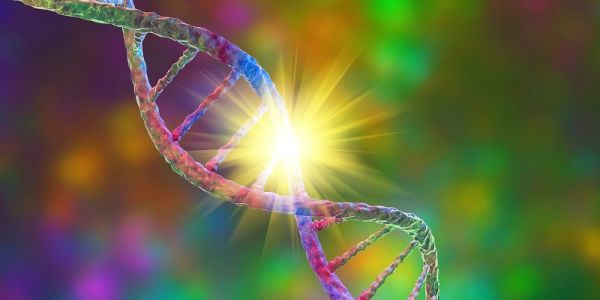
‘A smarter kinder approach to treatment’ for anal cancer
Reducing the dose and duration of radiotherapy treatments for anal cancer may result in fewer side effects, recent clinical trial results have shown.

Reducing the dose and duration of radiotherapy treatments for anal cancer may result in fewer side effects, recent clinical trial results have shown.
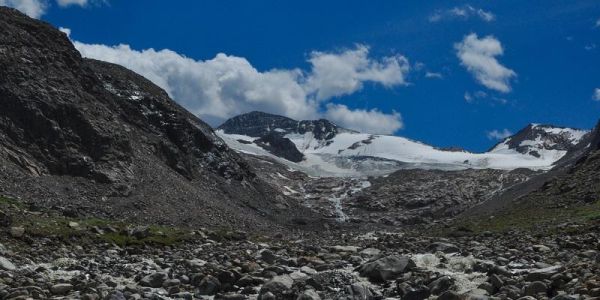
With glaciers melting at unprecedented rates due to climate change, invertebrates that live in the cold meltwater rivers of the Alps will face widespread habitat loss, warn researchers.
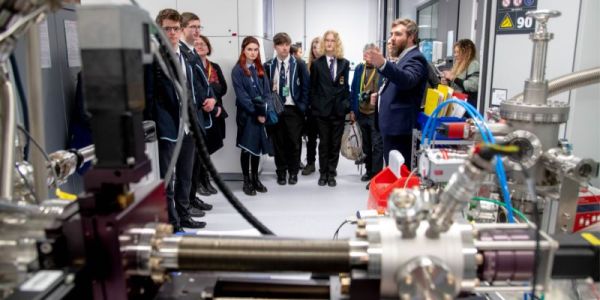
Schoolchildren from across the country have had the chance to work on state-of-the-art nanotechnology, thanks to a workshop programme at the University of Leeds.
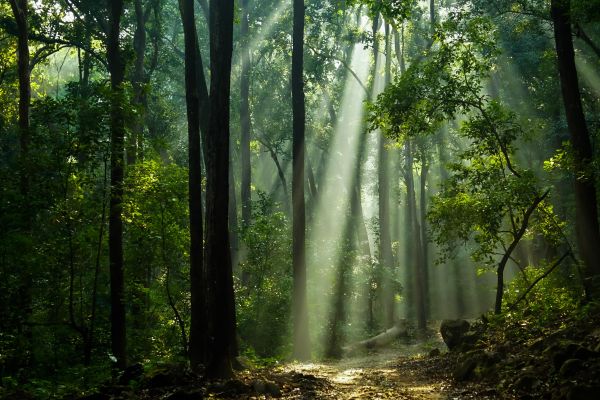
A collaboration involving 80 scientists has identified the regions of the Amazon rainforest where trees are most likely to face the greatest risk from drier conditions brought about by climate change.
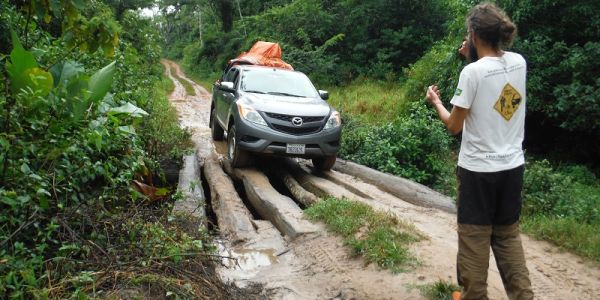
As an ecologist, Dr Julia Tavares often has to consider how to collect data from remote locations.
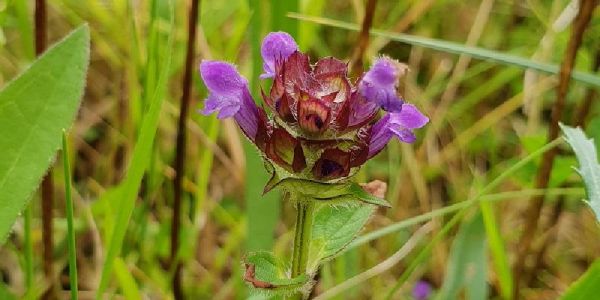
Some smartphone identifier apps misidentify at least one in five plant species, according to a new study.
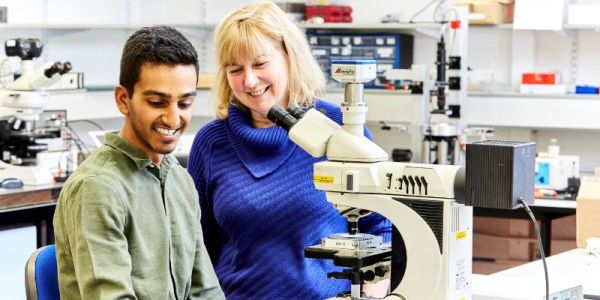
A cutting edge “deeptech” company born when a Leeds academic discovered a revolutionary new material that gets thicker as it is stretched has attracted £2 million in investment.
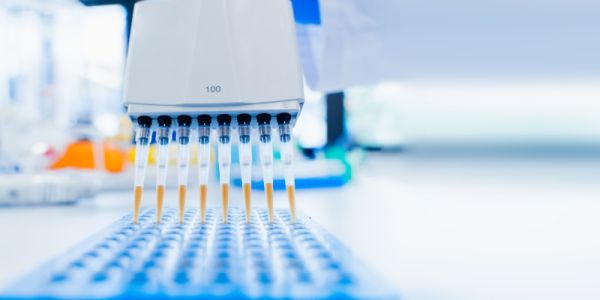
Scientists have found a new way to predict which myeloma patients will benefit the most from a treatment often used to help keep the blood cancer from coming back after a stem cell transplant.
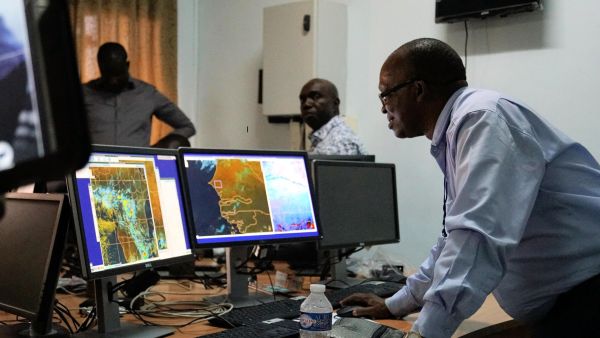
Scientists have been awarded £2 million to develop ways of alerting communities in South Africa, Zambia and Mozambique to extreme weather.

Students around the globe will be able to experience world-class expertise from the University of Leeds - as it launches a new fully-online course.